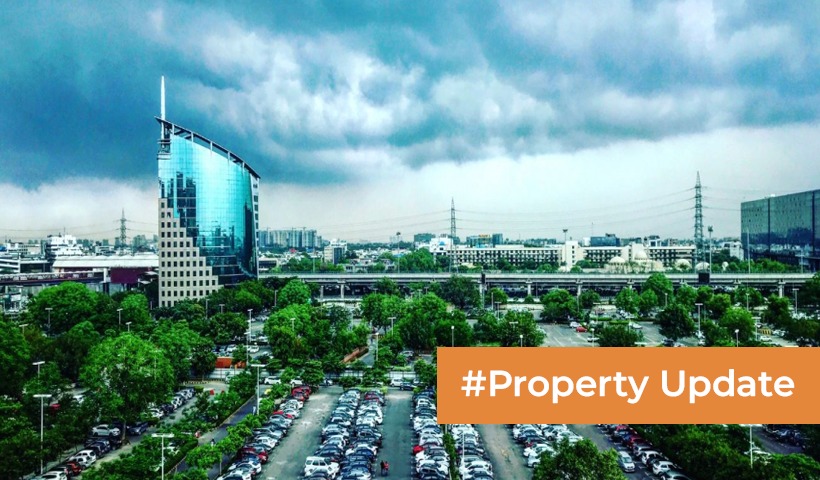All You Need to Know About Leasehold vs Freehold
When it comes to real estate, the terms ‘freehold’ and ‘leasehold’ are often used interchangeably by property stakeholders. However, what exactly do these terms mean and are there any legalities that a home buyer needs to be aware of? What is the main difference between freehold properties and leasehold properties?
What is the difference between the two and why should a home buyer choose one over the other? Let’s start with the basics. What is a freehold property? A freehold property is a property that you purchase in full, whether it’s utilized with a mortgage or cash. This means that you own the property and the land it sits on. On the other hand, a leasehold property is one in which you purchase the rights to the property for a specific period, usually around 99 years.
The main difference between a freehold and a leasehold property is the ownership and control of the land. A leasehold property is leased to the owner for a certain period and there are restrictions on ownership and transfer. A freehold property, on the other hand, gives complete ownership with no limitations on the transfer, alteration, or building of the property. There is no interference from the State or third parties. As a leasehold property owner, you can generally do whatever you want with your home, as long as you comply with the local planning rules for leasehold properties in your area. The government grants tenure for 99 years for leasehold properties. The tenure can be extended to 999 years if the owner in most cases and if the state wishes to extend the tenure, and you pay the lease extension price.
What is a freehold property?
A freehold property is a property owned by the owner of the land on which it is constructed. In the case of freehold property, the owner owns both the land and the house. Apartments, on the other hand, become the property of the owner. The owner of the freehold property has the right to live there as long as he or she pleases. He or she has the right to make changes in the house or to redo certain parts of it. However, he or she may have to get permission from the authorities if he or she makes structural changes (especially for old buildings). Most houses are sold in India as freehold property. Apartments are mostly leased.
What is a leasehold property?
If you have bought leasehold property then you have a right to live there for a certain amount of time. In this case, you are not the full owner of the land or the property. You will also have to pay land rent to the land owner or the land leaseholder. When the term of the lease ends, the property is returned to the landowner. Most leasehold properties are about 99 years in length. If you are buying leasehold properties then you need to know the length of the lease because it will affect the value of your property. The length of the lease can be extended up to 999 years. Yes, there are a few states like Delhi that permit you to convert your leasehold property to a freehold property. If you were given the option, you would choose the freehold option. However, each state has its own rules regarding such conversions. However, a fee is associated with the conversion of your leasehold property.
When selling a freehold property, the normal process is to enter into a sale contract with the buyer and register the deed at the Sub-registrar’s office after the verification of the documents. When selling a leasehold property, you will need to apply to the relevant government authority that owns the land. You will need an additional ‘Memorandum Of Transfer’. This is a written consent from the relevant government authority to the owner to transfer the ownership right to the buyer. Once you and the buyer have signed the memorandum, it will be verified by the Sub-Registrar. After 1-2 weeks, a sub-lease will be issued to the new owner. Keep in mind that the process may vary slightly depending on the local bylaws. Therefore, it is recommended that you seek professional advice from your local real estate agent and legal expert before selling your leasehold property.
Most buyers prefer to invest in freehold properties as it offers stability and potential for capital growth. A freehold title also gives buyers full ownership over the property as opposed to a leasehold property where the land belongs to either the State authority or the developer who bought the land to build the project. When compared to leasehold property, freehold properties offer complete ownership, flexibility in selling the property, and better access to mortgage credits. Therefore, you should always choose freehold property except for budget constraints.
In conclusion, the distinction between freehold and leasehold properties holds significant implications for prospective homebuyers. A freehold property entails complete ownership of both the land and the house, offering unparalleled control and flexibility to the owner. On the other hand, a leasehold property grants rights to the property for a specified period, often 99 years, subject to certain restrictions and the obligation to pay land rent.
The key divergence lies in land ownership and control, with freehold properties providing unrestricted rights for transfer, alteration, and construction, while leasehold properties involve limitations and potential interference from the State or other parties. The process of selling each type also differs, requiring additional steps for leasehold properties, such as obtaining a ‘Memorandum Of Transfer’ from the relevant government authority.
Disclaimer: The views expressed above are for informational purposes only based on industry reports and related news stories. PropertyPistol does not guarantee the accuracy, completeness, or reliability of the information and shall not be held responsible for any action taken based on the published information.




